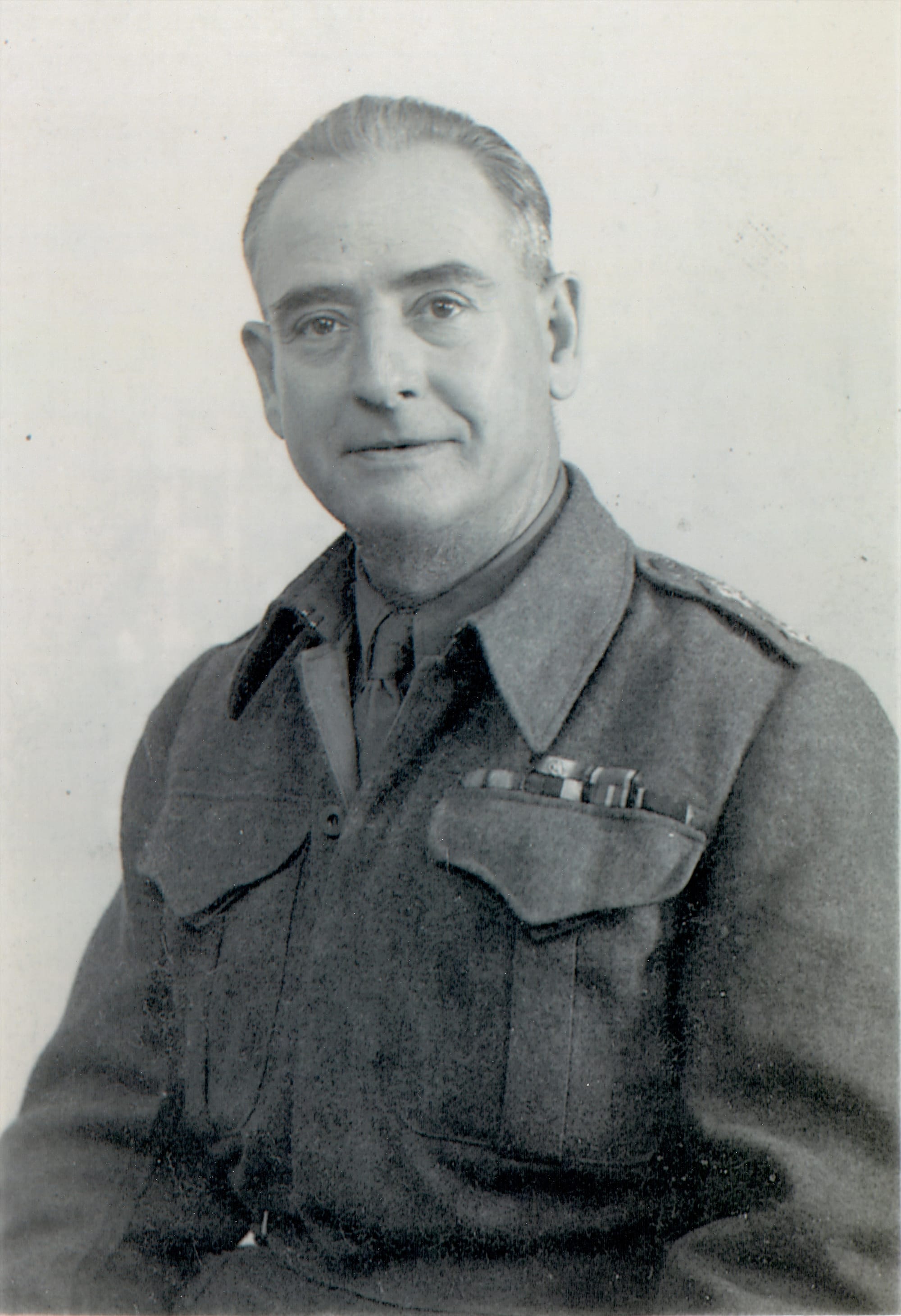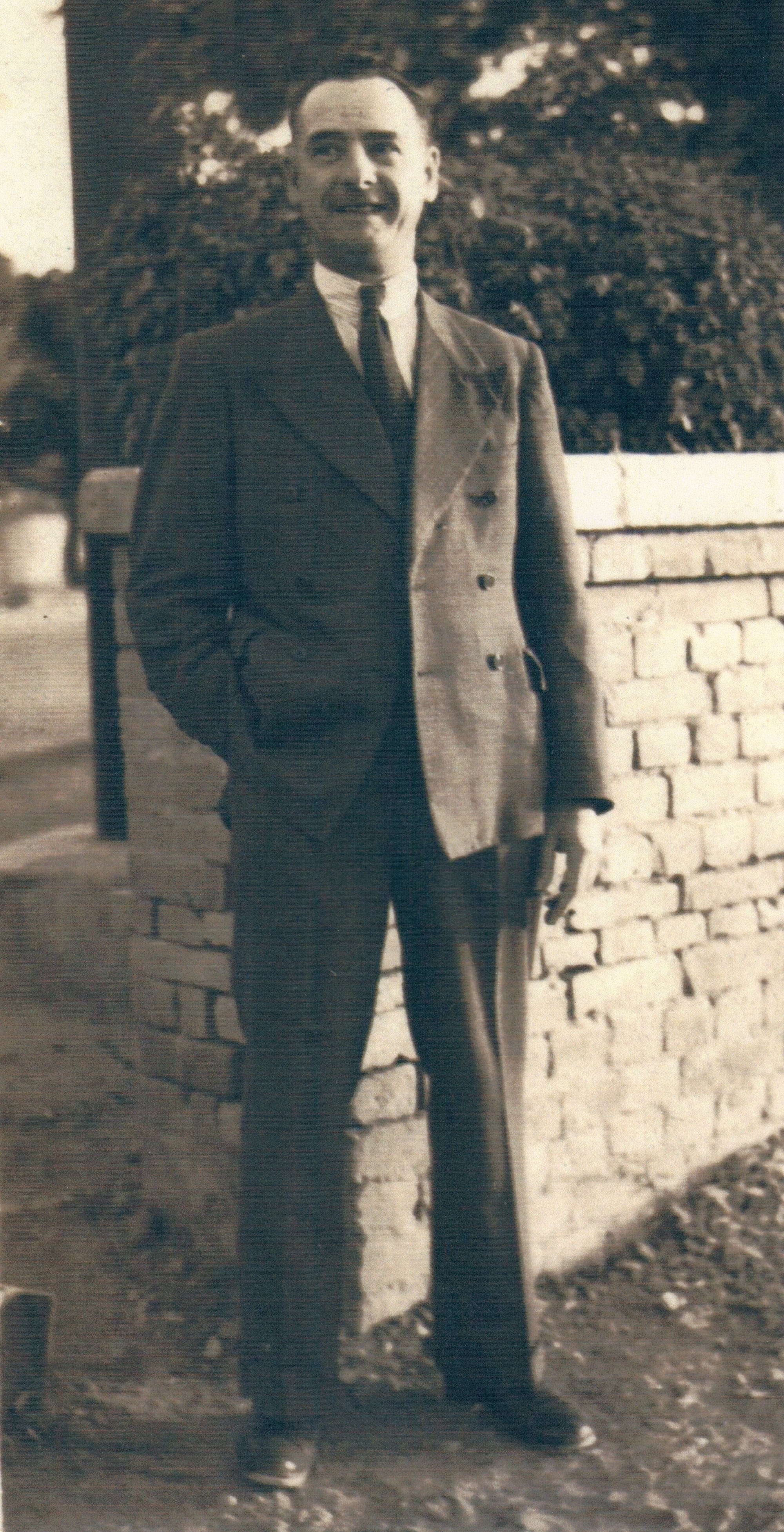Harry's Story
Many people know relatively little about the Second World War in the Far East, due in part to an enormous sense of relief which was felt across Europe that the war had ended on VE Day.
However, Japan did not formally surrender until September 1945, some four months later.
Even after VE Day, there were many more battles with much death and suffering to be endured before the greatest global conflagration in human history would finally come to its bitter end.
Most infamously, some 190,000 British and Commonwealth servicemen were held as prisoners of the Japanese, in South-East Asia, between 1941 and 1945. They endured three-and-a-half years at the mercy of a brutal enemy who did not recognise the rights of POWs to expect fair treatment under the regulations of the Geneva Convention.
Unimaginable suffering was inflicted upon them, as a result. The men were beaten, starved, frequently tortured by the most cruel means, and often worked quite literally to death. Moreover, they were generally denied the medical provisions which might otherwise have prevented countless deaths from an array of tropical diseases.
Of those taken prisoner, 25% were either murdered, or they simply died while in captivity.
About Harry
Captured & imprisoned in Singapore's notorious Changi prison, he was later shipped to Taiwan (the Kinkaseki & Shirakawa camps) and, finally, to southern Japan (Fukuoka 9, Miyata camp).

Regrettably, most of Harry's diaries were confiscated by his Japanese guards when he arrived at the Shirakawa POW camp in Taiwan. However, he continued to write, in secret, when and where he could.
As a result, his diaries from both Shirakawa and Fukuoka (in Japan) have survived—although much of his writing was in pencil, which is finally beginning to fade. Only very recently, we discovered that many key parts of his diaries were written in duplicate, which may well have been to guard against the risk of one of the originals being found and destroyed.
The End of War in Europe
When those who survived their incarceration were finally repatriated, they felt largely unappreciated by a society which had already celebrated the end of 'their war' in Europe several months earlier.
Half-a-world away, the Far Eastern War (with all its appalling suffering) had continued for so long, unabated. These bewildered and damaged men felt that they had been completely overlooked by the authorities who, in addition to ordering them not to speak of the horrors which they had endured, gave them precious little support as they struggled to deal with the physical and psychological legacy of their years in captivity.

